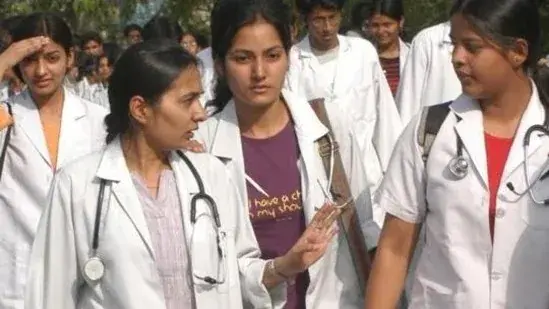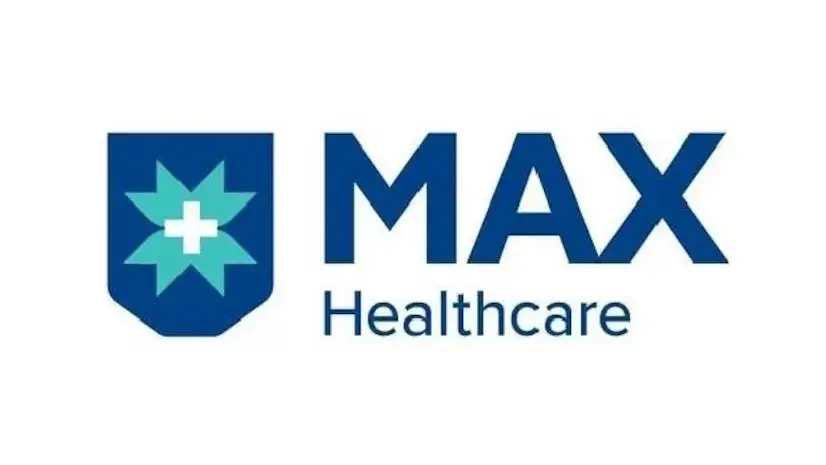Gujarat Government Announces Rollback of Decision to Increase MBBS Fee in Medical Colleges, Details Here
The Gujarat government has announced a rollback of its recent decision to significantly increase fees for MBBS courses in medical colleges run by the Gujarat Medical Education and Research Society (GMERS). This move comes in response to widespread protests across the state against the steep fee hike. State government spokesperson and health minister Rushikesh Patel made the announcement, assuring that a new circular with revised fees for the 13 GMERS medical colleges will be issued soon. Speaking to media persons in Gandhinagar, Patel emphasized that the government is committed to making decisions in the best interests of students and urged families to remain calm as they work on providing fee benefits through various schemes. The rollback decision follows intense pressure from multiple quarters, including students, parents’ associations, the Indian Medical Association (IMA), and political opposition. The Gujarat Pradesh Congress Committee (GPCC) had taken a strong stance against the fee hike, with state Congress president Shaktisinh Gohil threatening protests at all levels if the increase was not reversed. The original fee hike, announced on June 28, had raised annual fees for state and all-India quota seats by 66% from ₹3.3 lakh to ₹5.5 lakh. Management quota fees saw an even steeper increase of 87%, from ₹9.07 lakh to ₹17 lakh, while NRI quota fees were bumped up by 13% from $22,000 to $25,000 per annum. Critics argued that such substantial increases contradicted GMERS’s original mission of providing affordable medical education and strengthening Gujarat’s healthcare sector. The IMA’s Gujarat chapter had written to Chief Minister Bhupendra Patel, expressing concern that the fee hike would make medical education nearly impossible for poor and middle-class students. GMERS, established 14 years ago, operates 13 medical colleges across the state with a total of 2,100 seats. Of these, 75% are reserved for the state quota, 10% for the management quota, and 15% for the NRI quota, with 75 seats allocated to the all-India quota. This is not the first time GMERS has faced backlash over fee increases. In 2023, a similar hike was retracted following protests.



